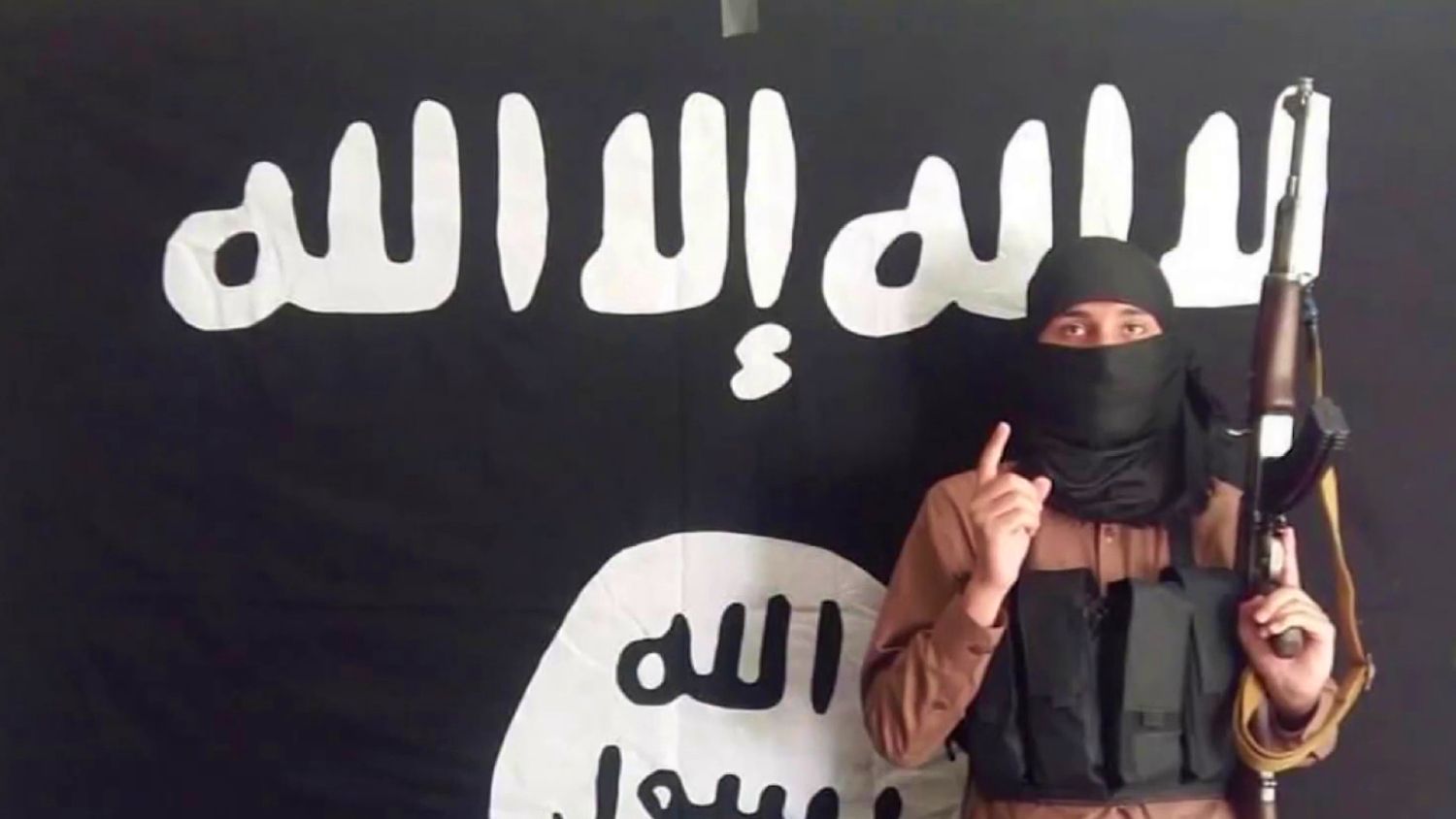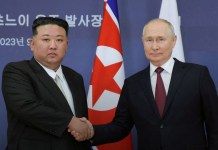OPED By: Salah Uddin Shoaib Choudhury
There is an ongoing discussion about thousands of Islamic State (ISIS) fighters entering European Union (EU) nations using Ukrainian passports – sometimes even using non-Muslim names.
According to counterterrorism researchers – during the Syrian conflict, Ukraine has been used as a transit point for ISIS fighters who sought to move further into the European nations.
In Ukraine, these individuals receive treatment to improve their health and meet representatives of local terror cells. Additionally, they managed paper marriages with Ukrainian females, which enabled them to get citizenship in the country ultimately.
Once they received a Ukrainian passport, they almost immediately left Ukraine for any of the European countries – melted into the society, and silently continued jihadist activities by maintaining regular communication with the Islamic State (ISIS) network.
On July 27, 2015, the European Parliament, in response to a question about the presence of ISIS combatants in areas disputed by Ukraine and Russia, was told: On July 7, 2015, the New York Times reported the presence of a Chechen volunteer force made up of Islamic State (ISIS) sympathizers in territories disputed by Russia and Ukraine.
It appears that they have openly sided with Ukraine in a bid to weaken Russia and compel it to concentrate its forces on that country, drawing resources away from other fronts on which it is pitted against various Islamic terrorist groups.
To date, the Ukrainian authorities have made no attempt to deny the reports and have neither disowned these fundamentalist ISIS combatants nor sought to remove them from the territory Ukraine has been claiming is its own.
Given the serious danger posed by ISIS and Islamic terrorism in general, as confirmed recently by the tragic attacks in France and Tunisia, does the Vice-President/High Representative not consider it appropriate to rethink her stance regarding the conflict between Ukraine and Russia and engage in closer dialogue with Russia with a view to containing this fundamentalist threat?
In 2022, Russian news outlet Sputnik Arabic, in a report, claimed that dozens of extremist fighters had made their way from Syria’s northern Idlib governorate to Ukraine to fight against Russian troops.
According to the report, at least 87 former members of ISIS were allegedly transferred to the Syrian-Turkish border on March 26, 2022, under the direct supervision of the leader of the Hayat Tahrir al-Sham (HTS) armed group, Abu Mohammad al-Julani. The report indicated that most of the fighters are of Iraqi, Chechen, Tunisian, and French nationalities.
On March 8, 2022, 450 HTS militants arrived in Ukraine to join the fight against the Russian army.
According to the family members of the militants, high-ranking HTS leaders have been coordinating with senior leaders of the Turkistan Islamic Party group, Ansar al-Tawhid, and Hurras al-Din groups to facilitate the passage of the extremists from Idlib to Turkey and then on to Ukraine.
In early March 2022, the foreign intelligence service of Russia (SVR RF) issued warnings stating the US and NATO are providing ISIS fighters from Syria with special training at the US army’s Al-Tanf military base and then sending them to Ukraine.

The SVR statement detailed the history of the secret operation they uncovered, saying: “At the end of 2021, the US released from prison – several dozen Daesh (ISIS) terrorists, including citizens of CIS countries. These individuals were sent to the US-controlled Al-Tanf base, where they underwent special training in subversive and terrorist warfare methods with a focus on the Donbas region”.
Foreign mercenaries from around the world have joined in on the side of Ukraine as President Volodymyr Zelensky pleaded for global assistance in the wake of the Kremlin’s special military operation.
Russia launched a special military operation in Ukraine on 24 February after responding to the call for assistance by the newly-recognized republics of Donetsk and Luhansk.
Despite recognition of their independence by Russia, Ukrainian armed forces continued to shell civilian targets and breach the borders of the two republics, prompting the leaders of the republics to formally ask Russia for military assistance.
- Salah Uddin Shoaib Choudhury is an internationally acclaimed multi-award-winning journalist, writer, research scholar, counterterrorism specialist, and Editor of Blitz, a newspaper published in Bangladesh since 2003. He regularly writes for local and international newspapers. Follow him on X @Salah_Shoaib
- Views Personal Of The Author




